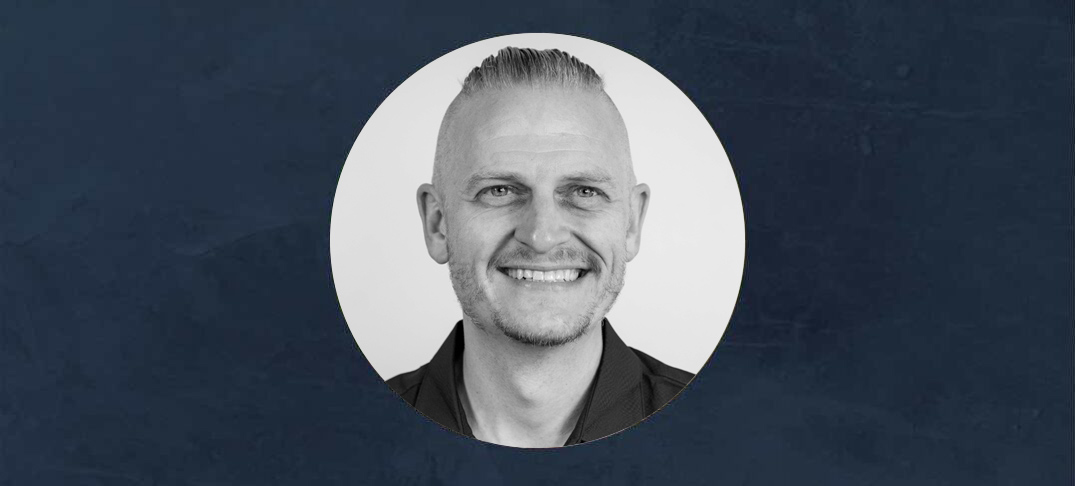Paul Newland

Previous Degrees Obtained
Prescott College Master’s of Science in Clinical Mental Health, Bachelor’s of Science in Recreation, Tourism Management University of California Northridge, Associate of Science in Recreation, Tourism, Management College of the Canyons, Associate of Science in Psychology, College of the Canyons
Research Topic
Sustainable Learning and Education, Sustaining Mental Health and Identity, Participation, and Purpose in Education, Role-oriented learning environments, modeling sustainability in education
Paul has been an outdoor educator, an administrator and business manager, became a licensed mental health therapist, and most recently founded a non-profit education organization in order to provide education with a research and delivery platform. His work in mental health with people of all ages and his passion for enhancing sustainability practice led him to look for ways to amplify impact in sustainability. As someone who closely examines how ideas influence behaviors and relationships with self and society, Paul looks to the future of education by researching how to sustain students, educators, administrators, parents, and systems of education. He believes that through growing awareness of what ideas are at work in our lives and examining how those ideas impact the actions we take, spreading new and more sustainable metaphors and stories can help us to move towards iterations of sustainable behavior. By shifting the focus away from people’s behavior as driven by internal, psychological metaphors that promote the idea of a fixed identity, and towards the ecologies of ideas that influence people, the work puts the burden of blame on ideas as agential actors—freeing up people to work more collaboratively and iteratively to create needed changes. As an activist researcher, Paul hopes to generate gentle and co-created influence by taking what we already understand and collaborating on ways to make sustainable philosophies and methods of education more accessible across educational systems.
Q&A
My experience as a Master’s student and the work that Prescott does to promote social justice and ecojustice.
Sustainable Learning and Education focus, using agential realist and postmodern philosophy to shift perspective to ecological conception of learning and human behavior. Specifically, the research looks to create ecological modeling and mapping to provide alternative explanations for human sustainability practices in education and beyond.
The wide array of people and ideas and the support of the academic community.
Knowing what direction to go in and completing the research process have been daunting tasks. Reading, debriefing, and discussion with other colleagues and my partner have allowed me to gain new perspective to choose the direction I want to go in and support from professors and colleagues has helped me move through the IRB process and become courageous enough to share my work through publishing efforts.
Knowing what direction to go in and completing the research process have been daunting tasks. Reading, debriefing, and discussion with other colleagues and my partner have allowed me to gain new perspective to choose the direction I want to go in and support from professors and colleagues has helped me move through the IRB process and become courageous enough to share my work through publishing efforts.
Invention, Writing, Reading, Hot Spring Adventures, Travel, Art, Crafting, Spiritual Engagement, Meditation, Hiking, 4×4 Driving, Camping, Ecological Gardening Methods, Sustainable Agriculture, Event Planning, Economic Sustainability, and Learning
Where we are going and who we are seem to always change…it’s okay not to know where you are going as long as you can find something to follow that interests you and keep taking steps to move towards these things. Take every bit of feedback you can get, and think deeply about your relationships to yourself, your work, and others around you. Ask for help and receive help graciously…and when you are asked, be willing to be part of the communal effort.